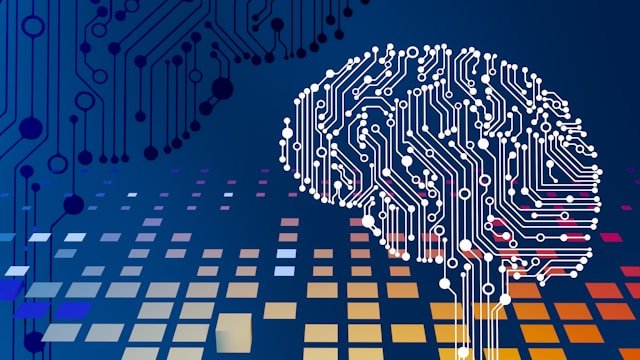The Future of Artificial Intelligence in Engineering
- Enhanced Design and Optimization
- Automation and Robotics
- Predictive Maintenance and Asset Management
- Sustainable Engineering Practices
- Ethical and Regulatory Considerations
Artificial Intelligence (AI) is revolutionizing the field of engineering, offering new opportunities for innovation, efficiency, and problem-solving across various disciplines. As AI technologies continue to advance, engineers are leveraging machine learning, robotics, and predictive analytics to optimize processes, improve design capabilities, and create smarter, more resilient systems. This article explores the transformative impact of AI on engineering and its promising future.
Enhanced Design and Optimization
Generative Design
AI-powered generative design algorithms enable engineers to explore thousands of design options based on specified parameters such as performance criteria and manufacturing constraints. This iterative approach accelerates the design process, producing optimized solutions that may not be apparent through traditional methods.
Simulation and Modeling
AI enhances simulation capabilities by enabling complex models to be analyzed more quickly and accurately. Machine learning algorithms can predict outcomes, identify potential failures, and optimize designs in real-time, reducing development cycles and costs.
Automation and Robotics
Industrial Automation
AI-driven automation systems streamline manufacturing processes by integrating robotics with intelligent control systems. Automated assembly lines, quality control inspections, and predictive maintenance are examples where AI improves efficiency and reliability.
Autonomous Vehicles and Systems
In transportation and logistics, AI plays a crucial role in developing autonomous vehicles and unmanned systems. Engineers are deploying AI for navigation, obstacle detection, and decision-making algorithms, paving the way for safer and more efficient transport solutions.
Predictive Maintenance and Asset Management
Condition Monitoring
AI-powered predictive maintenance algorithms analyze sensor data to detect anomalies and predict equipment failures before they occur. This proactive approach minimizes downtime, extends asset lifespan, and optimizes maintenance schedules.
Smart Infrastructure Management
AI facilitates smart city initiatives by optimizing energy usage, managing traffic flow, and monitoring environmental conditions. Engineers use AI to integrate data from IoT sensors and predictive analytics to enhance urban infrastructure resilience and sustainability.
Sustainable Engineering Practices
Energy Efficiency
AI-driven algorithms optimize energy consumption in buildings, industrial processes, and power grids. Machine learning models analyze data patterns to identify energy-saving opportunities, support renewable energy integration, and reduce carbon emissions.
Environmental Monitoring and Conservation
AI-enabled systems monitor environmental parameters, predict natural disasters, and manage resources more effectively. Engineers utilize AI for climate modeling, biodiversity conservation, and sustainable resource management initiatives.
Ethical and Regulatory Considerations
Ethical AI Development
Engineers are responsible for developing AI technologies that are transparent, accountable, and unbiased. Ethical considerations include data privacy, algorithmic fairness, and societal impacts of AI deployment in engineering applications.
Regulatory Frameworks
As AI adoption grows, regulatory frameworks are evolving to address safety, security, and ethical concerns. Engineers collaborate with policymakers to establish guidelines for AI deployment in engineering sectors, ensuring responsible innovation.
Conclusion
The future of AI in engineering is marked by transformative advancements that enhance design capabilities, automate processes, optimize resource management, and promote sustainability. Engineers play a pivotal role in harnessing AI technologies to address global challenges, improve infrastructure resilience, and drive innovation across industries. As AI continues to evolve, interdisciplinary collaboration and ethical considerations will be crucial in maximizing its potential benefits while mitigating risks. By embracing AI-driven solutions, engineers are poised to lead the way towards a more efficient, sustainable, and technologically advanced future.









